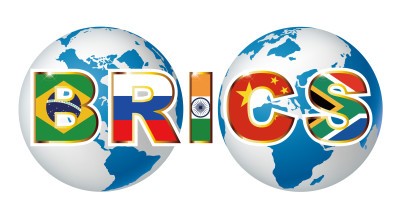
India and the BRICS are giving the US dollar the boot? Is it really so?
The last time a country decided to dump the dollar in the oil business, the US destroyed it. Now India, the worlds third largest economy, and Iran have agreed to settle their outstanding oil dues in rupees. What’s more, the two countries may conduct all future trade in their national currencies.
This follows an agreement between Iran and India in mid-2011 in which both sides decided to settle 45 per cent of India’s oil import bill in rupees and the remaining 55 per cent in euros. In March 2012 the two countries inked the Rupee Payment Mechanism that allowed India to buy crude oil in its national currency. Iran then used the funds to buy products from Indian manufacturers.
Ironically, it is the US itself which is responsible for the dollars elimination from India-Iran trade. The Rupee Payment Mechanism was set up to skirt American economic sanctions on Tehran. Iranian oil forms a significant portion of India’s energy requirements. Similarly, the Iranians rely upon India for steel, medicines, food and chemicals.
In hi luminary piece, Geopolitics of Technology, prof. Anis Bajrektarevic very accurately diagnoses:
the hydrocarbons and its scarcity phychologization, its magnetisation (and related weaponization) is serving rather a coercive and restrictive status quo than a developmental incentive. That essentially calls not for an engagement but compliance. It finally reads that the fossil fuels consumption (along with the policy of currency-choice and prizing it) does not only trigger one CC Climate Change, but it also perpetuates another global CC planetary Competition and Confrontation (over finite resources) to which the MENA calamities are only a tip of an iceberg. Therefore, this highly addictive petrol USD construct logically permits only a (technological) modernisation which is defensive, restrictive and reactive. No wonder that democracy is falling short.
Read More
Further Study
Iran sanctions: Middle East stock crash wipes £27bn off markets as Tehran enters oil war
Finance